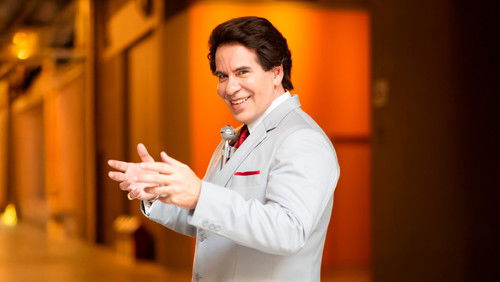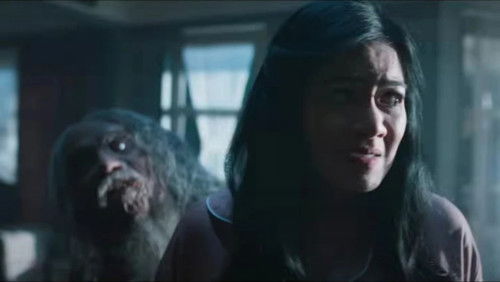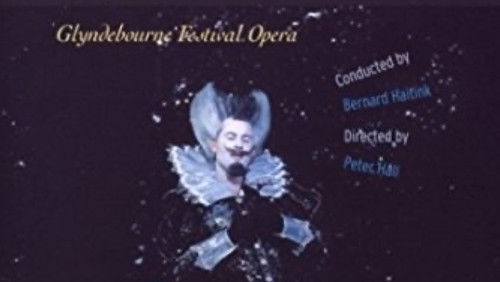Hamsun (1996)
9KHamsun (1996). 2h 39m | Not Rated
“Knut Hamsun (1859 – 1952) was, alongside Henrik Ibsen, the most famous figure in Norwegian literature. Hamsun published works over an astonishing span of 70 years. He won the Nobel prize in literature in 1920, by which time he was probably his nationu0026#39;s most internationally famous citizen. This film mentions his glory days, but takes place afterwards. In the 1930u0026#39;s, when Hamsun was already an old man struggling with his hearing and possibly his mental capacities, he fell out of grace by supporting Nazi Germany. He wasnu0026#39;t an anti-Semite, but hated the imperialist UK so much as to align himself with Hitler. This reached a (very negative) peak when Germany occupied Norway in 1940, and the author supported the occupiers. This massive film is a depiction of Hamsunu0026#39;s downfall. The years before WWII, the occupation, and the subsequent final years in disgrace.u003cbr/u003eu003cbr/u003eThe film is an international production, between Norway, Sweden, Denmark and Germany. It is directed by Swedish Jan Troell, and stars his oft-used actor Max von Sydow (also Swedish) as Hamsun, and Denmarku0026#39;s most famous actress Ghita Nørby as Marie Hamsun, the authoru0026#39;s wife. The lead couple, who previously starred together in Bille Augustu0026#39;s u0026quot;Den goda viljanu0026quot; (1992), actually talk in their native languages, even though they play Norwegian characters. This is heavily audible for Scandinavian viewers, but you also get used to it really fast. Their acting abilities also make you want to let it slide. The rest of the cast is mostly Norwegian and German, depending on the characters they play. The film has an international feel to it, but the whole benefits from the larger budget, and the historical period looks believable.u003cbr/u003eu003cbr/u003eLike so many great Scandinavian dramas, this is essentially a depiction of a troublesome marriage. It is Marie who first falls in love with Nazism, because it is shown to fill an emotional void in her life. When the traitorous Vidkun Quisling (played by the very evil-looking Sverre Anker Ousdal) finds out that his new fangirl is the wife of Norwayu0026#39;s most famous writer, the Nazis take a quick interest in the man himself.u003cbr/u003eu003cbr/u003eThe film analyses the depth of the coupleu0026#39;s guilt in a thorough manner. The running time of two and half hours allows us to go deep in their characters, which is of course supported by the intelligently structured screenplay and the fantastic performances. Max Von Sydow is fragile and tormented as Hamsun, a man past his prime who canu0026#39;t bring himself to act against the darkness that overcomes his nation. He struggles as he tries to believe that what he is doing is the right thing. This is one of the actoru0026#39;s finest performances outside of his Bergman roles. Ghita Nørby is likewise great as the manipulative Marie. The early scene where she works as her husbandu0026#39;s translator and adds her own words to his, is possibly the best one to capsulate their complex relationship. The supportive cast is not fleshed out as well as the protagonists, but I did like the scene where Hamsun meets Adolf Hitler, played memorably by Ernst Jacobi. All in all, this is a fascinating account of history, a great character study and a nuanced drama.”









